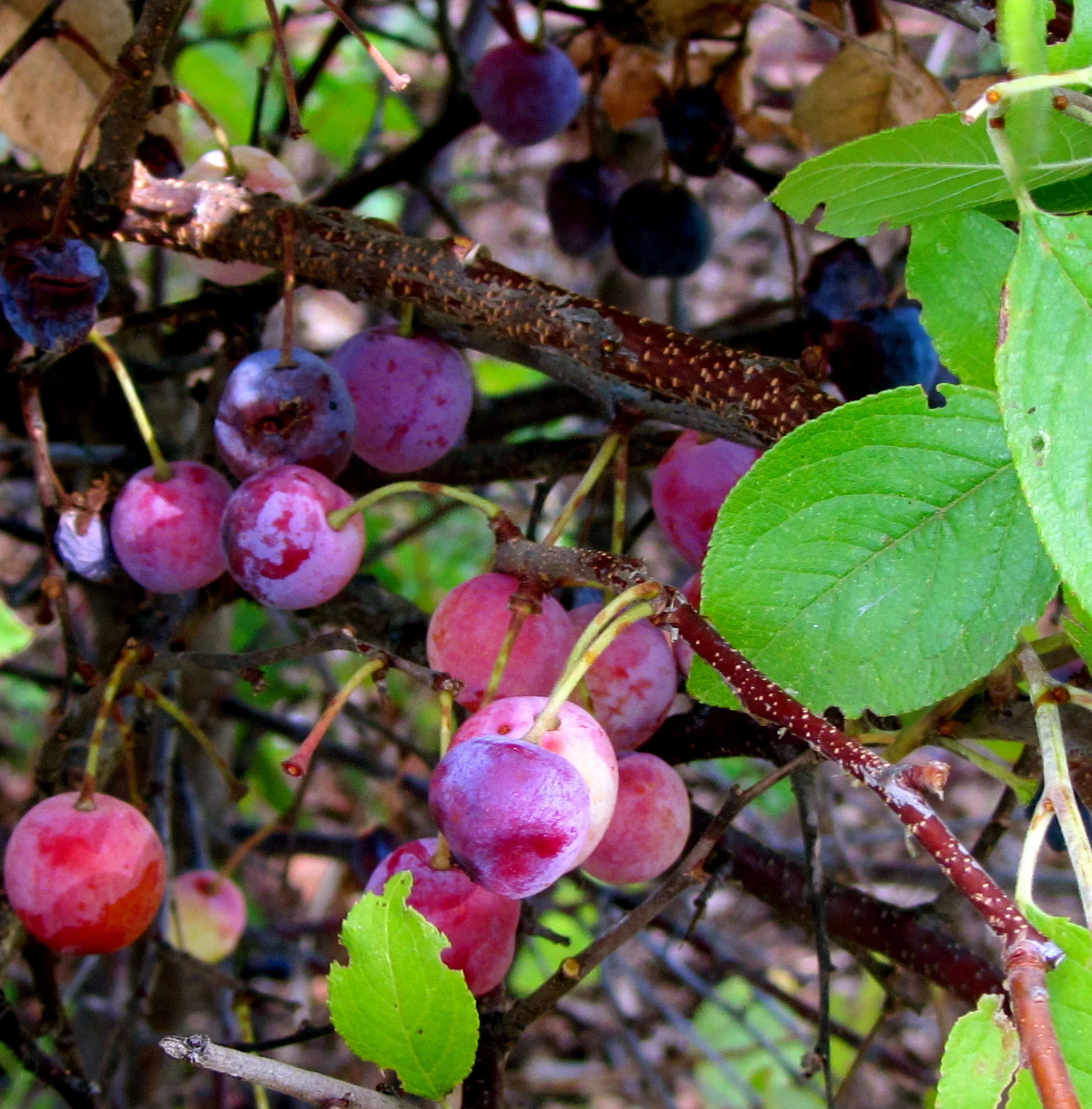Wild food foraging is a lot more like hunting than farming. When you go to the farm, you expect to find what you planted. When you go in pursuit of wild foods, there is no guarantee that you will find what you set out to look for. One October a few years ago, I did a back yard forage. This is an adaptation of my notes.
A large maitaike mushroom
Sometimes things just work out. It rained most of the day. When the sun came out, accompanied by a warm southwest breeze, I used the last few moments of the day to hunt for mushrooms
I live in New York's Hudson Valley. I can get the commuter bus and be in New York City in just over an hour. I also am within walking distance of Schunemunk Mountain.
I live in a cabin at the back of a property with a huge Victorian house. Next door is an interfaith cemetery. Now, before you get spooked, hear me out.
Cemeteries offer the ideal border areas between fields and woods. Most of this property has not been developed, offering foraging opportunities and a chance to see a healthy, balanced ecosystem of plants and animals.
When there is a drought, cemeteries water their properties, so the plants and fungi have plenty to drink.
Besides the fact that my neighbors are quiet and respectful, cemeteries can provide some of the best urban and suburban foraging opportunities.
I can easily do a regular check of specific trees in the cemetery next door, and I know I check this particular red oak within the last week. Did they just pop open after the rain or had I overlooked these maitaike mushrooms? The larger one weighs about seven pounds; a little more than three kilos. A personal best for me in terms of a maitaike find. Some of my fellow foragers and mycophiles are finding maitaikes weighing 20 pounds or more. It’s almost like hunters or people who fish when it comes to showing off. I’m a rookie, but perfectly happy with my success.
I know a forager who likes to share what he finds only he totes around some of the dirtiest maitaikes. For years I thought that it would be wiser to buy cultivated maitaike than spend time cleaning these mushrooms.
One of the reasons maitakes are so popular, besides the fact that they are delicious, is that there is increasing evidence that maitakes benefit the immune system. The field of medicinal mushrooms is controversial. My foraging passions are driven mostly by the joy of eating. But as I get older, I get great comfort from the idea that there is an alternative to pharmaceuticals. I add maitakes, which dehydrate beautifully, to chicken soup, as much to help fight a cold, as to enjoy how the mushrooms flavor the soup.
Maitaike mushroom growing at the base of a red oak tree.
Maitaike mushrooms have many healthful properties.
So far, I’ve been blessed to find fresh mushrooms that are also clean. Except for the tiny frog and one worm, I haven’t found too many creatures living in these mushrooms. The bottom lobes sometimes grow around blades of grass or bits of forest debris, but the majority of the maitaike is pristine.
Life is good. I’m happy wandering around in the woods and open places finding wonderful edibles to forage and enjoy.



